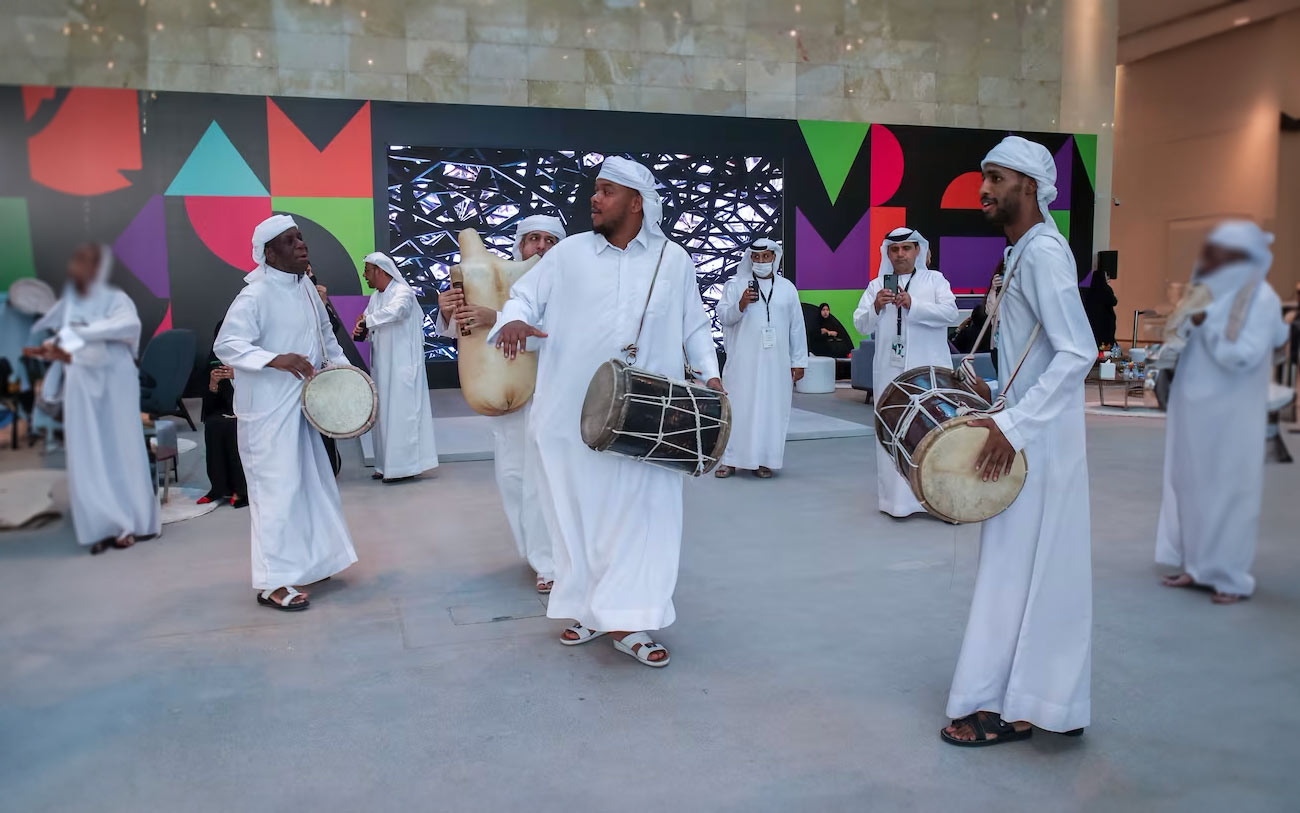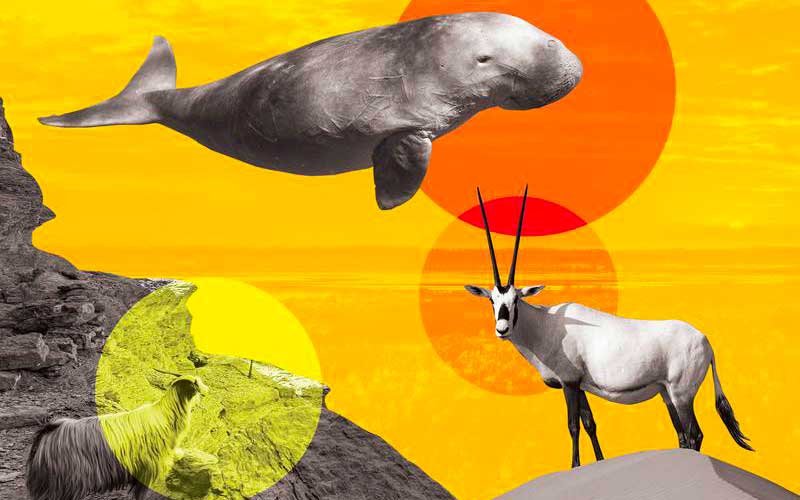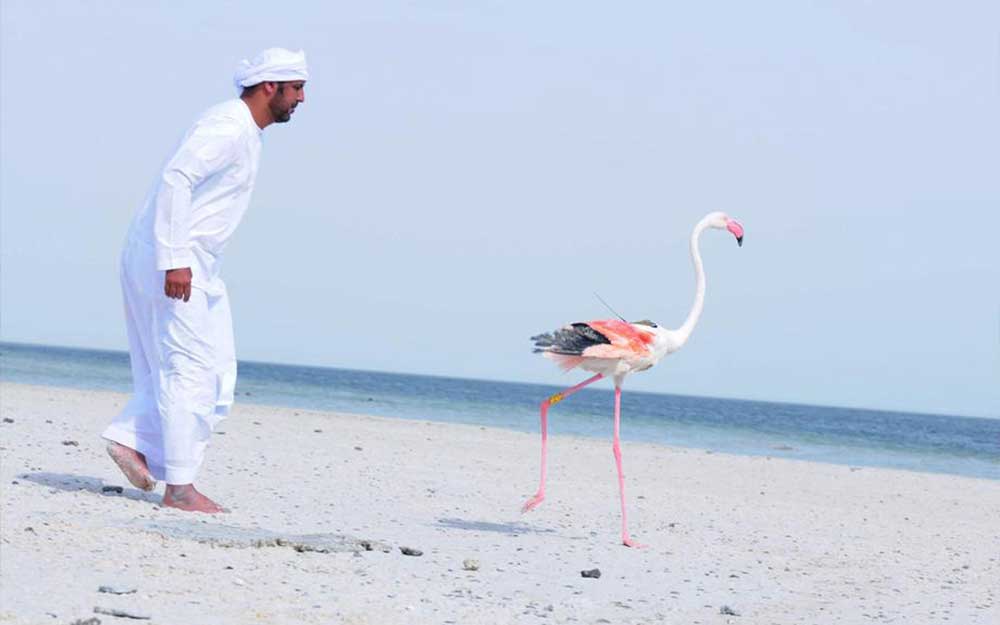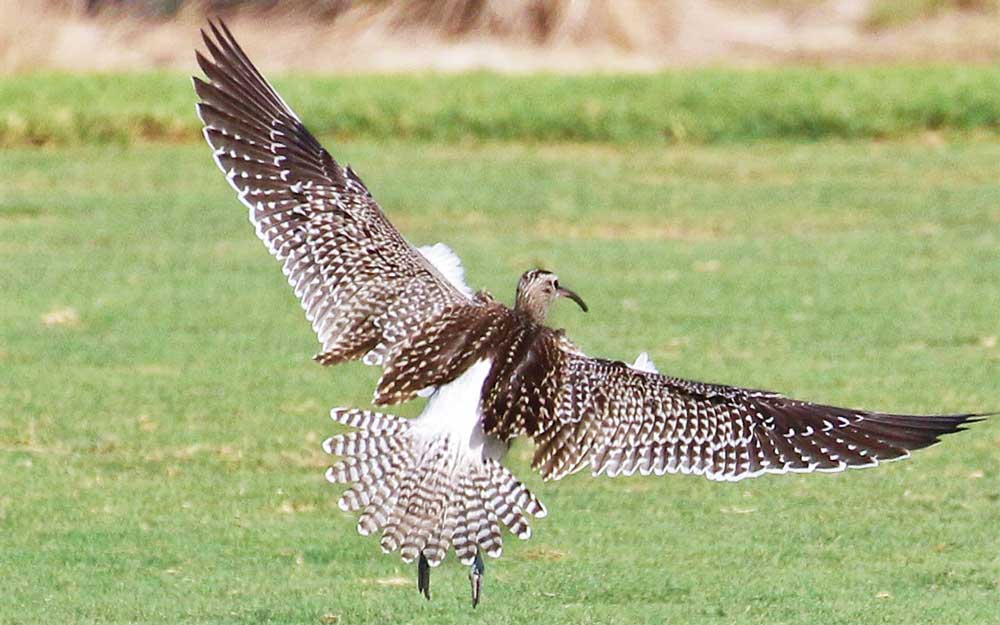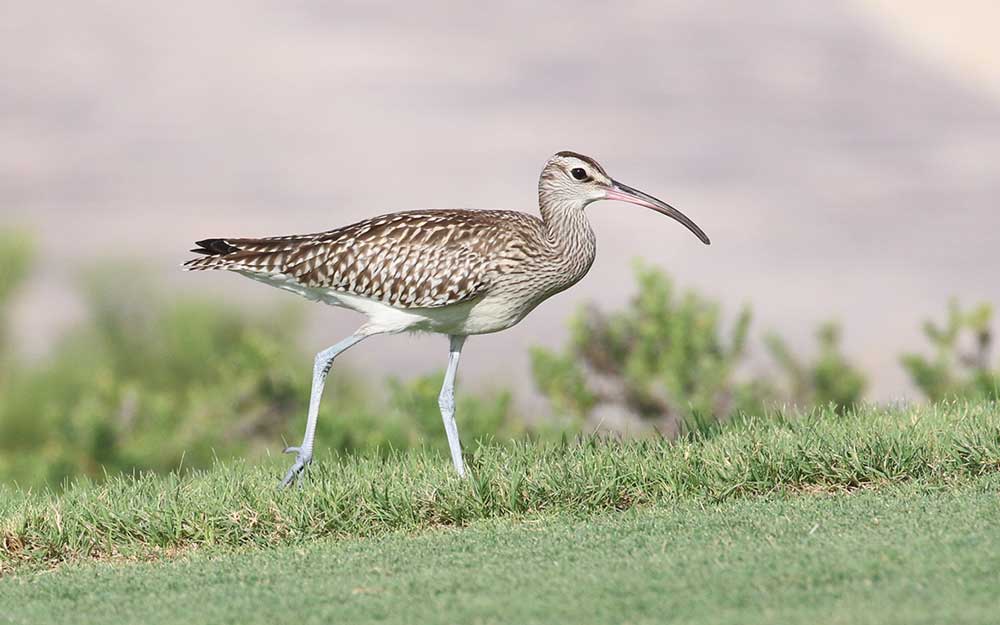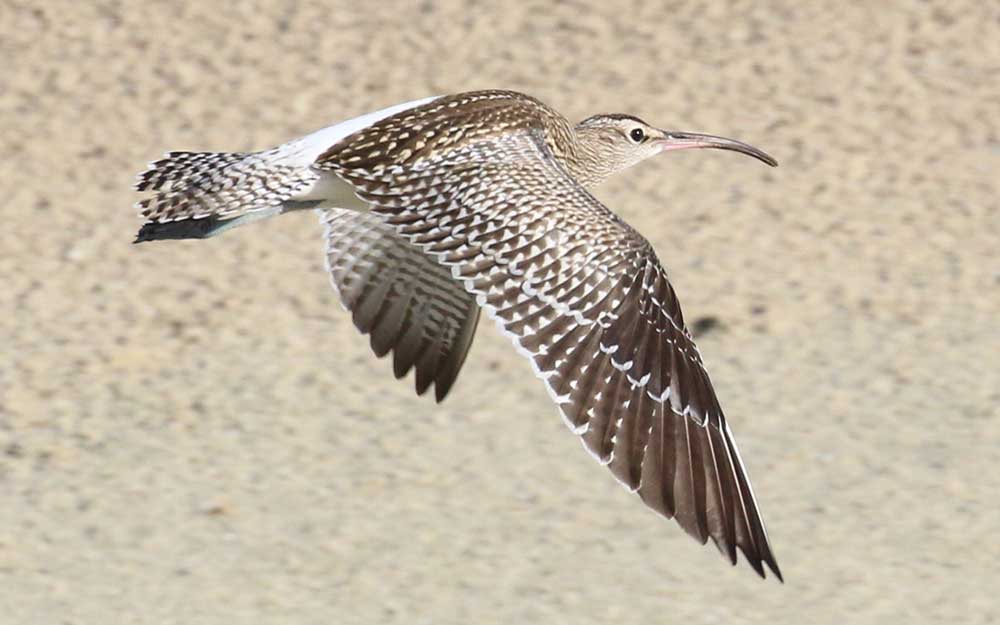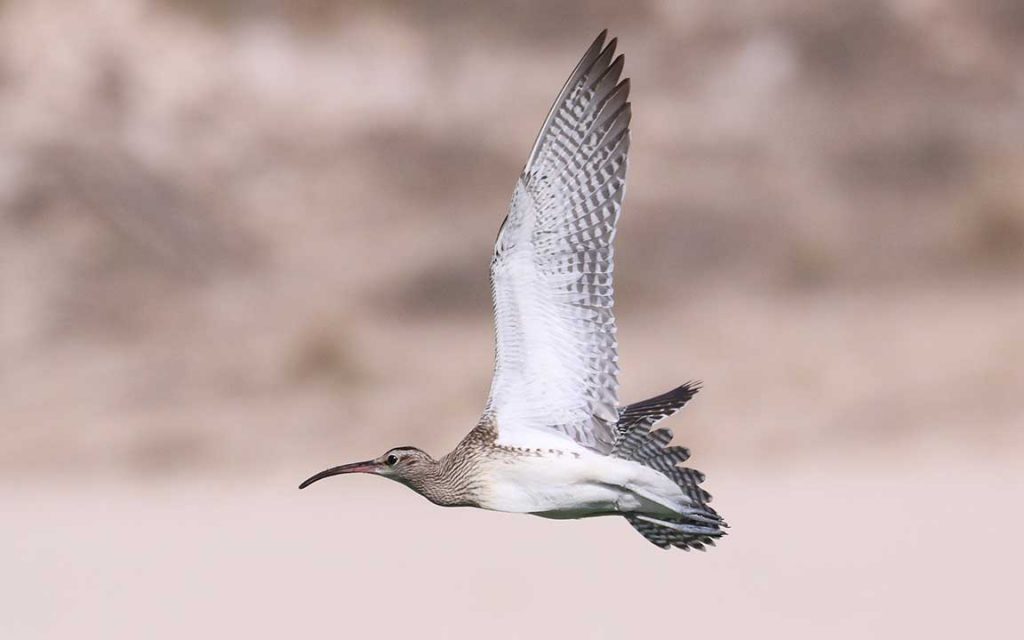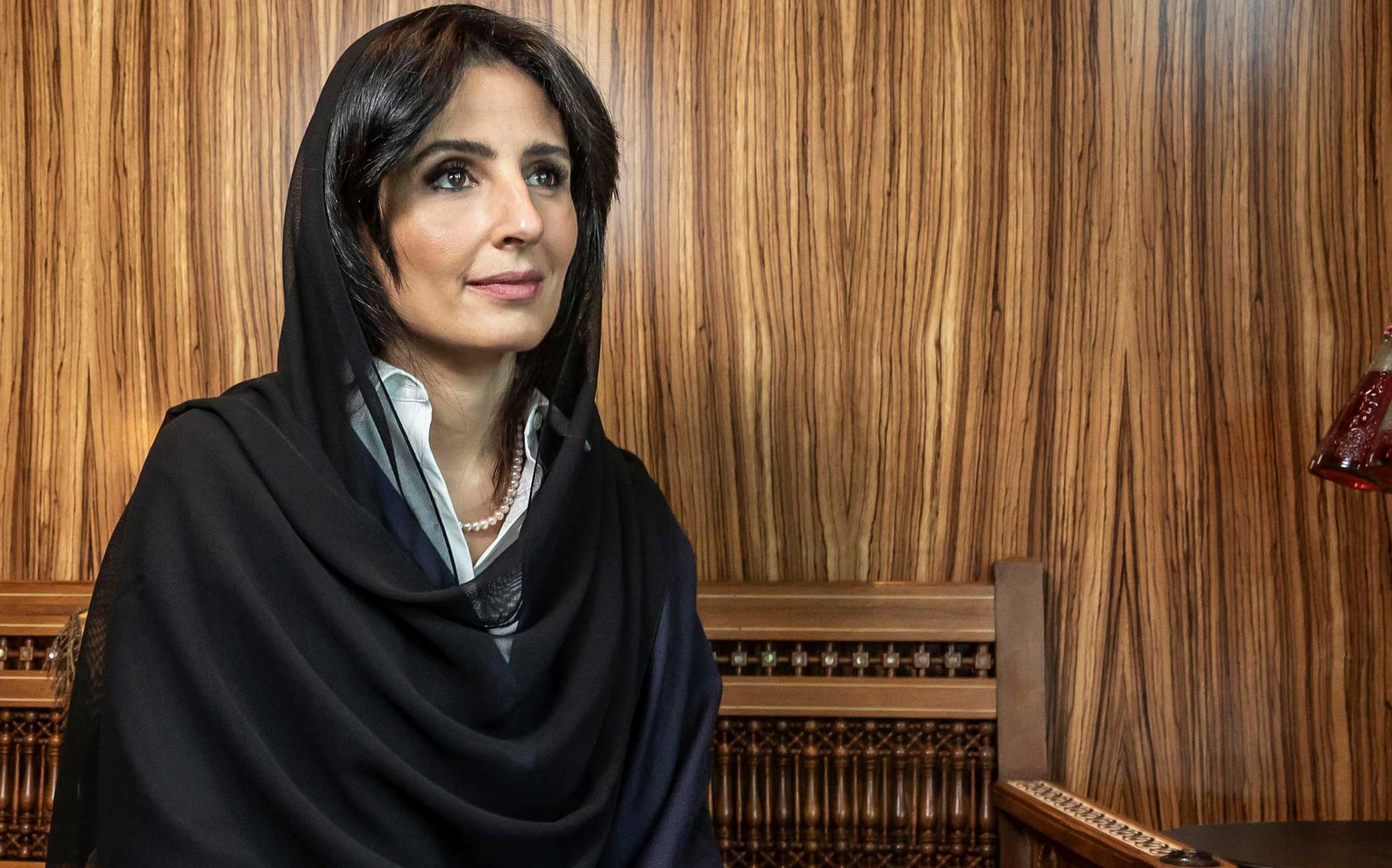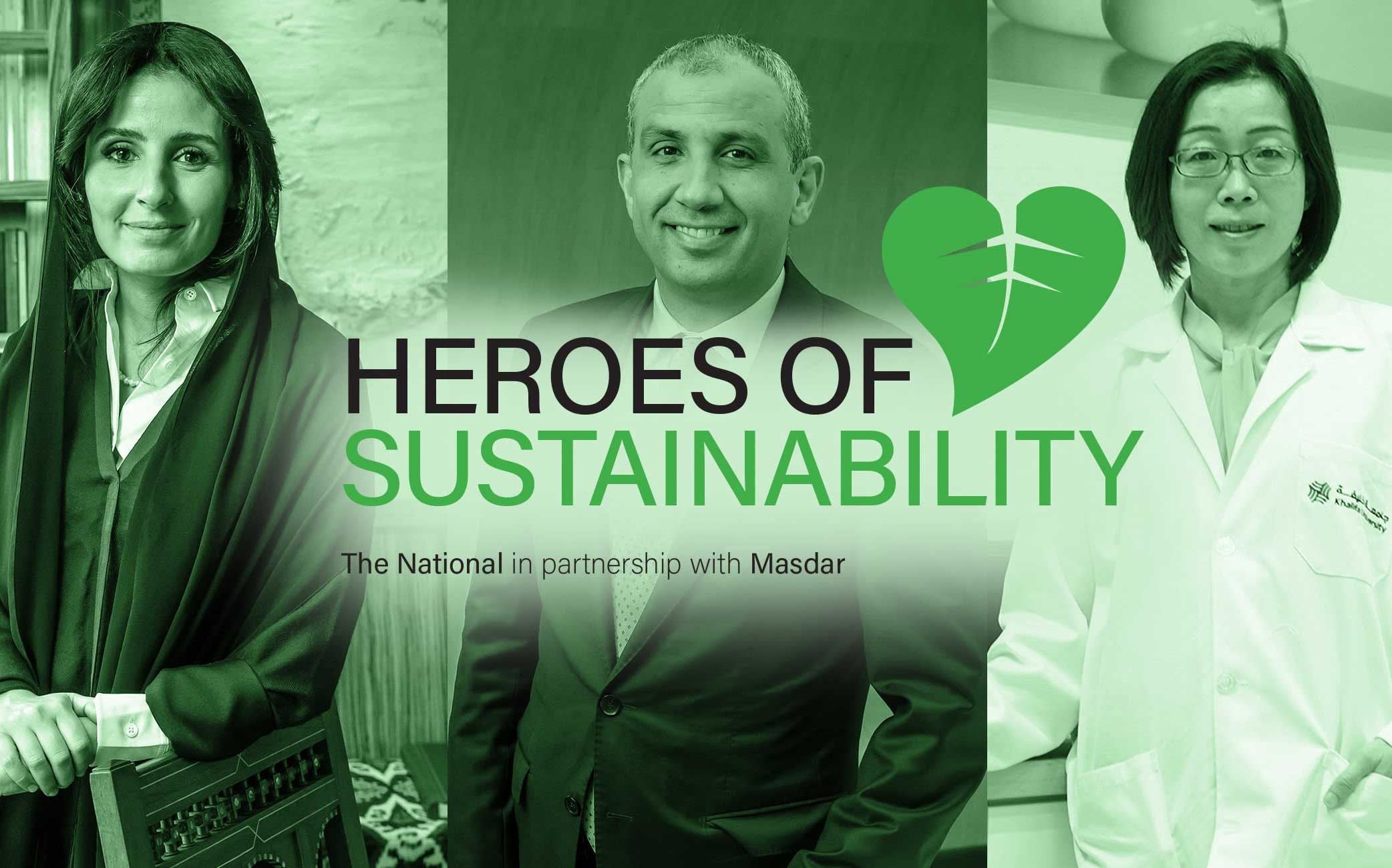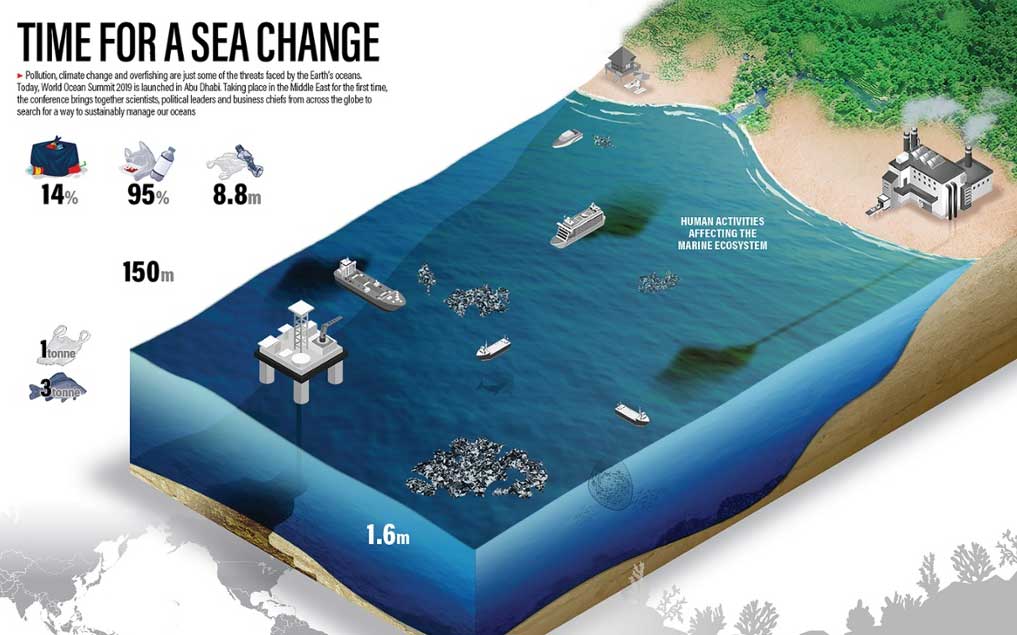In an editorial published in The National, Razan Khalifa Al Mubarak, the UN Climate Change High-Level Champion for COP28, emphasized the significant role that cities play in addressing global climate change. She highlighted findings from a recent study unveiled at the Bonn Climate Change Conference, which showed that despite their contributions to greenhouse gas emissions, urban centers are frequently overlooked in national climate plans.
Ms. Al Mubarak advocates for a greater focus on integrating cities into Nationally Determined Contributions (NDCs), given their potential to impact global climate goals significantly. She explains, "Cities, which provide numerous opportunities such as employment, education, and healthcare, also experience the adverse effects of climate change, from escalating heatwaves to more frequent flooding. This dual role positions them uniquely to lead in climate mitigation and adaptation efforts."
Her editorial also revisits last year’s COP28 Local Climate Action Summit, highlighting the launch of the COP28 Coalition for High Ambition Multilevel Partnership (CHAMP). This initiative was a pivotal step towards bringing urban issues to the forefront of climate discussions, ensuring that cities and regions are key players in formulating and executing climate action.
Through her continued advocacy, Ms. Al Mubarak is ensuring that the role of urban settings in climate strategies is not only recognized but also prioritized, fostering a cooperative approach to achieve resilient and sustainable urban futures.




